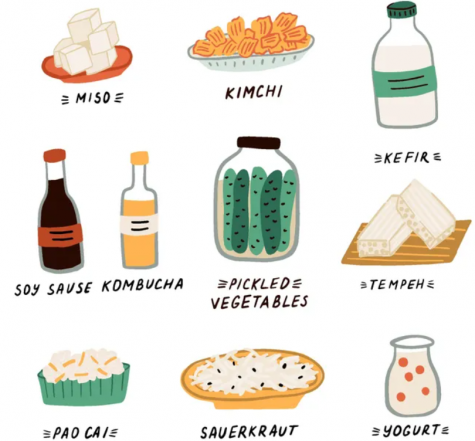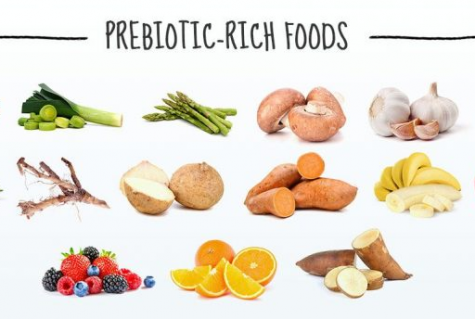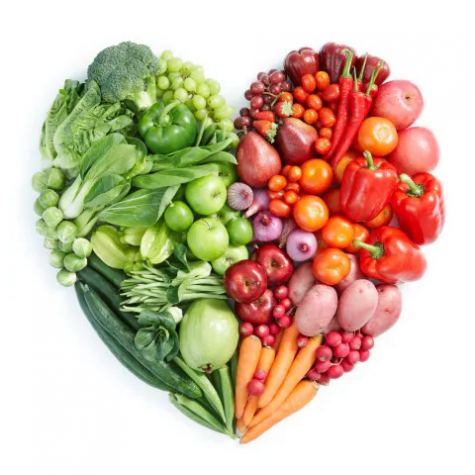Don’t Forget To Nurture Mental Health!
The clock hits 2:40 p.m. and students have been in their seats for approximately five hours, ever since school started in the early morning. The stress of class assignments, quizzes, tests, taking care of younger siblings has come upon them. They are socially isolated from their classmates, friends, and family. This is the time mental health needs the most attention.
Let’s break it down to the basics. It all begins with the food people eat and what is needed to feed the brain. The stomach or gut is called the “second brain.” It is crazy to think there is a gut-brain connection. When individuals get butterflies in their stomachs when they are nervous or “go with their gut” to make a decision, Huffpost states there is a connection between them “physically and biochemically.” An important term to know is the vagus nerve. The article includes it as “a central part of the nervous system that controls, mood, immune response, digestion, and other bodily functions.” It is proven that stress can, in fact, prohibit the vagus nerve from functioning normally.
The nervous system is also in charge of producing dopamine and serotonin to regulate moods and processing thoughts and emotions. HuffPost states that 90% of the serotonin receptors are in the stomach. So when there is a lack of serotonin in the body, it can lead to anxiety and depression.
Ever since students could remember, they knew about the food pyramid.


What most don’t know are the specific foods that can aid our mental health. The first one on the list is prebiotics and probiotics. HuffPost includes, “Prebiotic and probiotic food sources are a very good basis to start regulating your gut health and therefore your mental health.” In the image below are examples of foods that provide probiotics.


Foods that provide prebiotics are shown in the image below.


The second on the list is fruit and vegetables. Kids are always told to eat the fruits and vegetables because they are meant for the stomach, not the tongues. They are also meant for the brain. Fruits and vegetables contain vital prebiotics, vitamins, antioxidants, and minerals the body needs. Such as vitamin C being found in kale, oranges, and broccoli and can reduce anxiety. They also provide fiber which can also relieve anxiety but the Centers for Disease Control and Prevention states that 90% of the American people eat less than 1-2 cups of fruit and 2-3 cups of vegetables each day.


Last but not least is spices. They are calorie-free, flavorful, and offer a great impact on the brain and stomach health. HuffPost states that the best spice combo is turmeric and black pepper. The black pepper activates antioxidant and anti-inflammatory benefits within a compound in turmeric.
Eating for better health is often overlooked. It is never too late to start feeding the body and brain the proper fuel it needs.